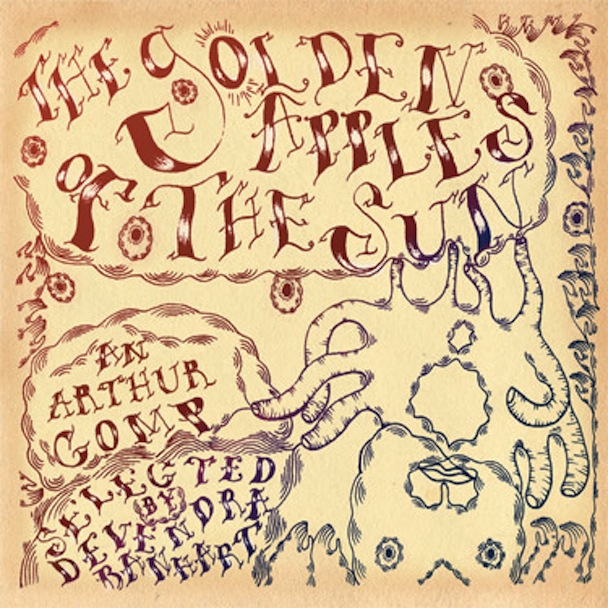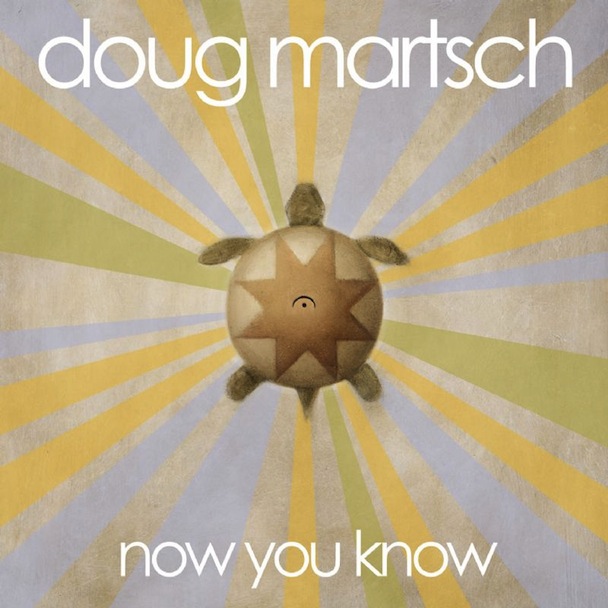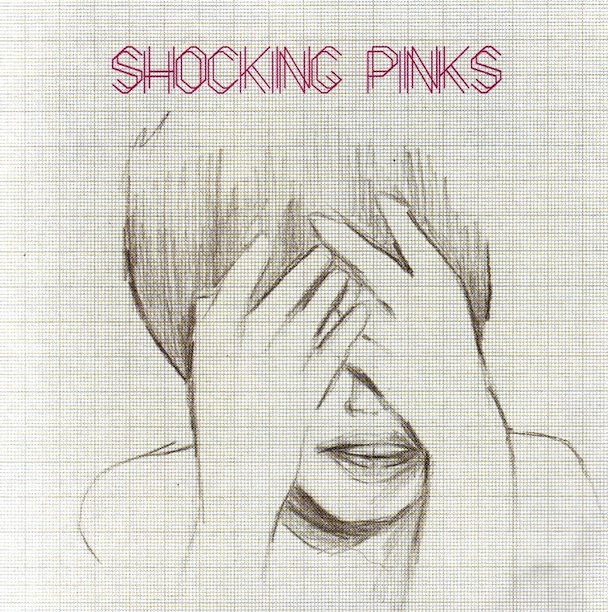When Sonic Youth's Daydream Nation came out, I was four. As I got older and started actually caring about music, the album occupied a weird place in my life. I heard it and really liked it, and the more music I listened to, the more it made sense to me. But it was never my record. By the time I came around to it, the sounds on it were familiar. It didn't strike me as an eye-opening hybrid of noise and straight-forward rock though, it just struck me as a good record.
No Age ended up being my Sonic Youth, which worked out pretty well because I'm pretty sure Sonic Youth were No Age's Sonic Youth. No Age's 2008 record Nouns was their first studio album, and it's really great, but Weirdo Rippers the duo's 2007 compilation of singles, means a lot more to me.
At the time, I was disillusioned with rock music. It just didn't feel inspiring. I was late to the party on a lot of records as aresult, but I just couldn't bring myself to care. There were exceptions because there are always exceptions, but mostly rock music just felt like a wasteland of dudes that looked like me, and were a little bit older but still fumbling through the same emotional bullshit I was dealing with, and doing it just as poorly as I was. I didn't relate so much as despair. I don't write that to prove a point, because I was actually wrong. There were a lot of great rock records in that time period, but if not for Weirdo Rippers, I'm not sure I would have ever heard them.
Weirdo Rippers, like Panda Bear's Person Pitch, created an entire world within an album. I was living in New York at the time, but it was so obviously a Los Angeles record. From the ambient guitar scratch on "Loosen This Job" to the plaintive field recording of waves on "Every Artist Needs a Tragedy" to the defiant, almost snotty "Boy Void," which sounded like it was recorded from inside a crusty cardboard box, the Los Angeles that No Age were writing was all warehouses, skating at sunset and unpretentious unity. They made their world seem human, flawed, not without anger, but generally accepting. Listening to Weirdo Rippers always brings up a lot of emotions, but the most dominant one is calm, even when the record is hectic, it feels meditative.
For me, Weirdo Rippers wasn't just a way back into a world I'd lost interest in, it was a guide for how to be sincere without being lame about it. How to not feel trapped or lost, or if you were too deep into those things, how to use them to your advantage.
As much as No Age offered a clear path back to rock music for me, they probably offered a way out for a lot of kids that were dealing with suburban imprisonment, mowing endless lawns, laconically skating the curve of cul-de-sacs, wishing they were anywhere else.
The idea of being trapped by the surroundings you've inherited isn't new. Kids growup and want to leave home before they actually can leave home. It's a frustrating feeling mostly because it feels so alienating. No Age voiced that frustration with pathos and a lived-in weariness. They were optimistic too. They were writing from the other side, and Weirdo Rippers felt like an invitation to anyone that felt like coming over.
But it's not all about togetherness. "My Life's Alright Without You" is all shimmering guitars and jittery electronic interludes. From the right angle, its ominous, razor thin, and full of simmering rage, even if the end result is positive: pushing toxic people away in favor of better living.
That song really captures the essence of Weirdo Rippers and the emotional honesty that No Age would stretch across an entire career. It felt like they were saying, Life can suck for awhile, but it'll get better, which is a pretty commonplace statement. The difference is, they remembered that it often starts to suck again, and then gets better after that. It's a loop none of us have much control over, but No Age makes that okay.






